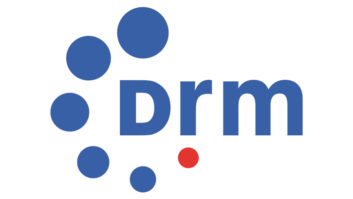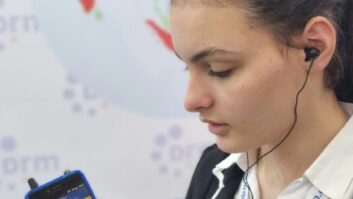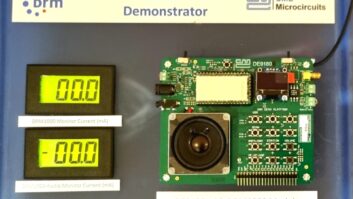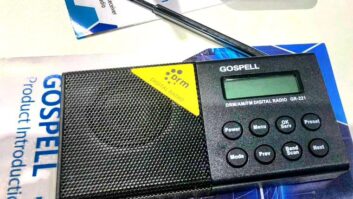Last week, Radio World’s “The Leslie Report” sussed out further details of the proposed Alaska test of Digital Radio Mondiale on three shortwave frequencies.
Radio World News Editor Leslie Stimson writes:
I took a gander at the FCC application from Digital Aurora Radio Technologies for experimental authorization. The Department of Defense-funded test would use Continental transmitters designed for an Over-the-Horizon radar transmitting system and a digital signal generator operating from the Delta Junction area.
“Compared to an ordinary analog shortwave signal, the DRM signal can operate with the same coverage reliably … in a 10 kHz channel using a transmitter power level approximately one-fifth of that needed for the analog signal,” states Digital Aurora in the application, which remains pending at the commission.
The company hopes to determine the “impact of high-latitude ionospheric propagation in the shortwave bands on digital audio modulation using the DRM system,” as well as determine what transmission power levels will produce a reliable signal that can be received on DRM radios. Digital Aurora also hopes to determine an antenna specification to deliver a signal statewide.
Judging from the application, the two-year test proposal appears notable because it would be the first time DRM has been tested in the U.S. at such high latitudes, and because the company is proposing to broadcast using digital shortwave technology to an entire state.
Digital Aurora believes it can contain most of the signal within Alaska with little spillover into Canada. To avoid causing interference it plans to stay at least two adjacent channels away from any channels used by international broadcasters into western Canada.












